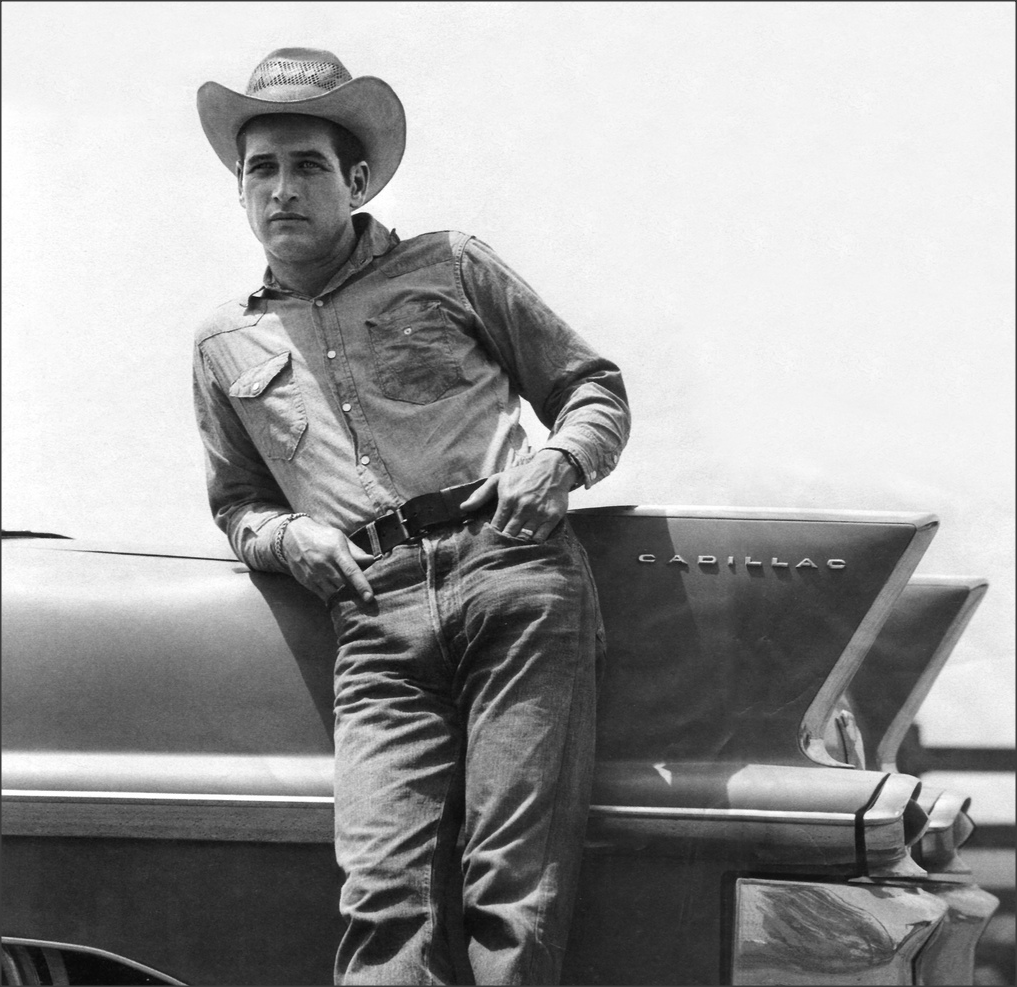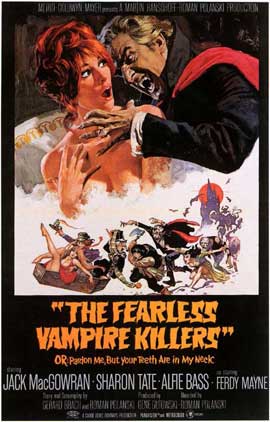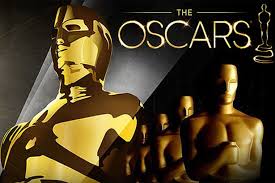It’s sure refreshing to take a breather from backpacking—and talking about it—especially during these steamy dog days of August. One last trail observation, though: I discovered a nifty trick for alleviating the toil of steep mountain climbs is to create mental lists.
Here’s one of them, yet another of my periodic “desert isle” lists. This time it’s my top twenty favorite films (appropriate, since I’m partially immobile due to a leg vein that looks and feels like a red-hot fire iron, and have once again become good friends with my recliner and television remote). I think I formulated this list while struggling up Pond Mountain in Tennessee. Or maybe it was while descending into the town of Erwin.
Uncharacteristically for a born critic like me, I didn’t critique them. I just provide year, two key actors, and a short plot summation. I omitted director for brevity’s sake…but if you’re curious, directors Martin Ritt and Sergio Leone take top honors here, with two films apiece (all four are Westerns).
My favorite era is the 1960s, so it’s no surprise these films were made during that decade, or close to it. And I think you’ll see that many could be characterized as “guy flicks”…maybe because I’m a guy? 🥸 Who knows.
Lastly—while in my mind all of these movies are well-made—not all might be Leonard Maltin four-star-caliber. I admire critically acclaimed powerhouses like Citizen Kane and Schindler’s List, but they may not be the best entertainment for an isolated island in the South Pacific. However, the movies below I return to time and again and are entertaining with a strong nostalgia element, and those are the criteria I use for my desert isle collection.
Check ’em out, and let me know some of your own fave films—especially if made outside Hollywood, since this list woefully neglects foreign and independent films. I’m thinking of you, Neil, Mike, and CB!

“These weren’t a few birds.”
(Listed in order of release date):
On the Waterfront (1954). Marlon Brando, Rod Steiger. An idealistic young boxer and longshoreman defies a corrupt and powerful union boss.
Twelve Angry Men (1957). Henry Fonda, Lee J. Cobb. A jury of twelve very different personalities deliberates guilt or innocence in a murder trial.
Ben-Hur (1959). Charlton Heston, Stephen Boyd. The life of a Jewish merchant, galley slave, and charioteer during the time of Christ.
To Kill a Mockingbird (1962). Gregory Peck, Mary Badham. A woman reminisces about her influential father and her childhood in segregated southern Alabama.
Hud (1963). Paul Newman, Melvyn Douglas. A free-spirited man without principles clashes with his rancher-father while negatively influencing his younger nephew.
The Birds (1963). Tippi Hedren, Rod Taylor. A woman visits a small seaside village and has a strange and horrific effect on bird behavior.
The Train (1964). Burt Lancaster, Paul Scofield. A French Resistance fighter and railway inspector tries to prevent a Nazi colonel from absconding with priceless paintings.
A Hard Day’s Night (1964). John Lennon, Paul McCartney. Humorous semi-documentary of The Beatles and their recording and touring activities.
Goldfinger (1964). Sean Connery, Gert Frobe. Agent 007 tries to prevent an evil mastermind from stealing gold from Fort Knox.
Nevada Smith (1966). Steve McQueen, Karl Malden. A young man in the West goes on a trail of vengeance after three men brutally murder his parents.
The Good, the Bad and the Ugly (1966). Clint Eastwood, Eli Wallach. Three men compete to uncover buried treasure in the West during the American Civil War.
Hombre (1967). Paul Newman, Fredric March. A white man raised by Apaches is forced into helping a group of bigoted stagecoach passengers.
The Graduate (1967). Dustin Hoffman, Anne Bancroft. A recent college graduate confused about his future falls in love with the daughter of a woman who seduced him.
Once Upon a Time in the West (1968). Henry Fonda, Jason Robards. Sprawling Western involving land rights, vengeance, and the arrival of the railroad in the changing American West.
The Party (1968). Peter Sellers, Claudine Longet. A bumbling but lovable Asian-Indian actor creates havoc after accidentally being invited to a swanky Hollywood dinner party.
Easy Rider (1969). Peter Fonda, Dennis Hopper. Two hippies experience the best and worst of America while riding cross-country on motorcycles.

Woodstock (1970). Michael Lang, Artie Kornfeld. Award-winning documentary about the 1969 Woodstock Music and Art Fair Festival.
Little Big Man (1970). Dustin Hoffman, Faye Dunaway. An aged white man reminisces about being adopted by Indians and his relationships with Custer, Wild Bill Hickock, and his elderly Cheyenne mentor.
Jeremiah Johnson (1972). Robert Redford, Will Geer. A disillusioned Mexican-American War veteran flees to the mountains and becomes a mythic figure to Crow Indians.
Gettysburg (1993). Jeff Daniels, Martin Sheen. Docu-drama of Union and Confederate armies clashing in an epic three-day battle in Gettysburg, Pennsylvania.
And the winning actor is…envelope, please…character actor MARTIN BALSAM, who amazingly appears in four of these films (On the Waterfront, Twelve Angry Men, Hombre, and Little Big Man).
Never mind that you never snagged a lead role, Martin. Winning the Longitudes Lifetime Achievement Award is nothing to sneeze at!






















You must be logged in to post a comment.